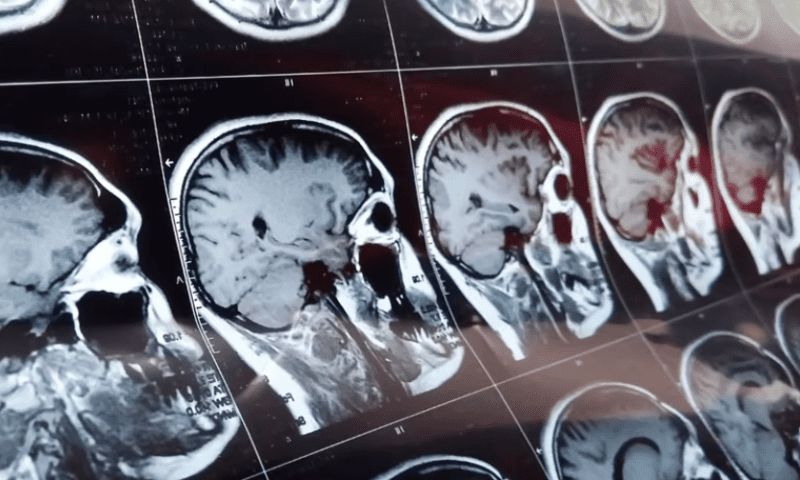The radiology division of drugmaker Bayer is taking a step beyond its portfolio of devices for delivering contrast dyes for CT and MRI scans and moving into digital and artificial-intelligence-powered apps for medical imaging.
That includes the launch of a virtual marketplace that will house vendor-neutral programs for expediting patient reviews, automatically triaging serious cases and flagging scans of suspicious lesions.
Dubbed Calantic Digital Solutions, the new cloud-based platform aims to help automate various routine tasks across the radiologist’s workflow in an industry facing a shortage of trained specialists despite dramatic increases in the number of images produced—both from an aging population with heavier burdens of chronic conditions such as cardiovascular disease and cancer and from advances in technology that deliver more information with every scan.
“With Calantic Digital Solutions, we are entering the fastest growing segment in the radiology market and taking the next step from a product provider to a solution provider, following our mission to provide an ecosystem of third-party and Bayer products to deliver innovative disease-oriented solutions for radiologists and their teams,” Bayer’s radiology head, Gerd Krüger, said in a statement.
The platform will be organized by body region and diagnostic procedure and will start with diseases of the chest and nervous system, with its first rollouts planned for the U.S. and limited European markets following regulatory approvals.
That includes the detection of potentially cancerous nodules in lung tissue as well as analyses of cranial hemorrhages and strokes. The company said it plans to add additional, disease-specific applications in the future.
The drugmaker’s radiology division—which includes contrast media and injection pumps for X-ray, CT and MRI scans in addition to informatics software for patient management and physician education programs—previously brought in 1.8 billion euros ($1.9 billion U.S.) in 2021 sales.
By diving into the radiology AI market—which Bayer estimates will grow by more than 25% per year between now and 2025—the launch of Calantic aims to push the company toward its stated goals in outperforming the average annual growth of the radiology segment as a whole, pegged at 5% per year until 2030.
The number of automated programs for processing imaging scans has exploded in recent years—including apps for spotting conditions such as broken bones and collapsed lungs as well as blood clots that cut off the flow of oxygen to the brain.
Most recently, Aidoc claimed a $110 million venture capital haul for its CT scan reading programs, following nine FDA clearances.

